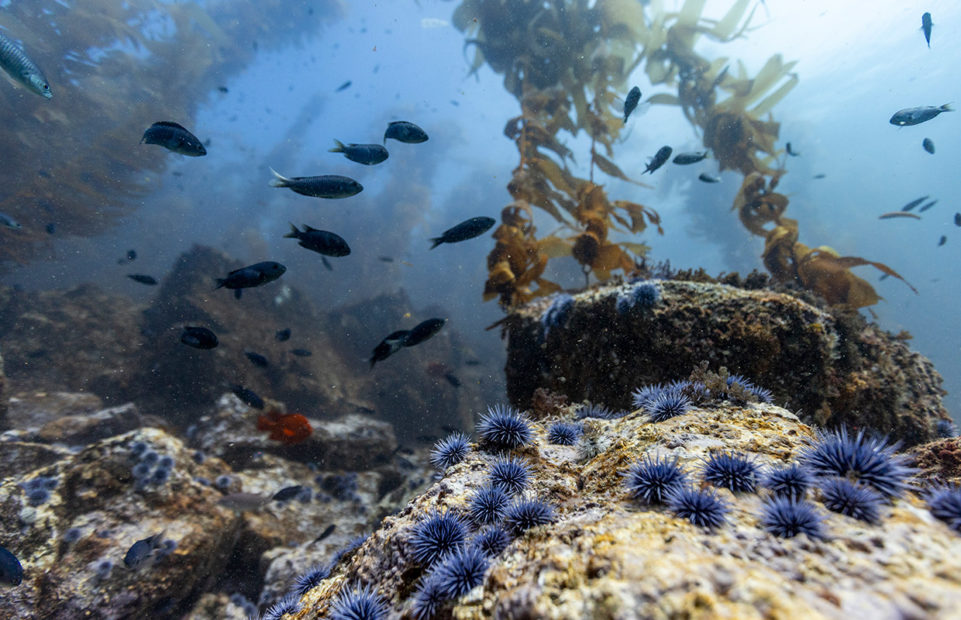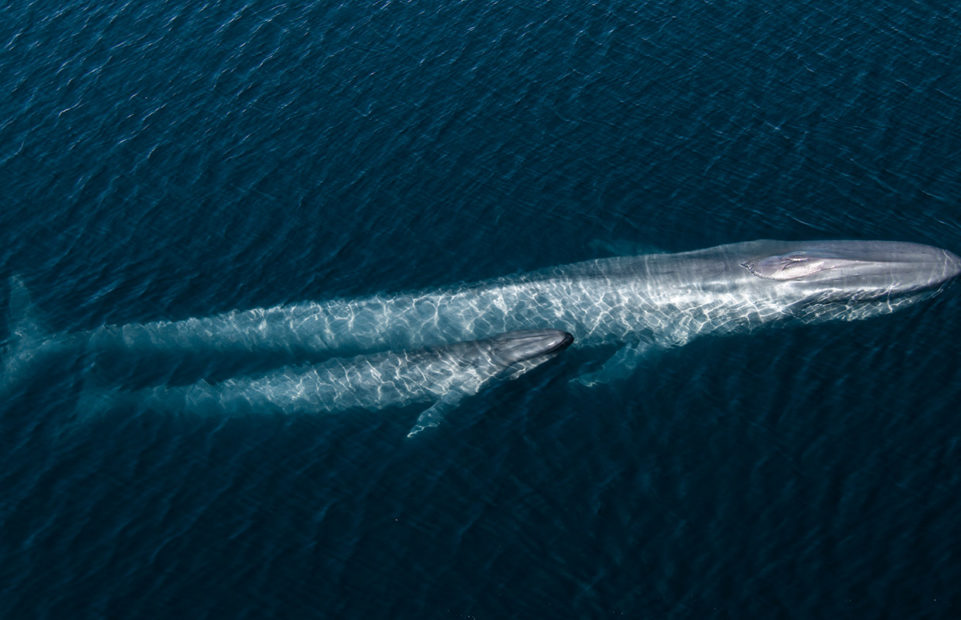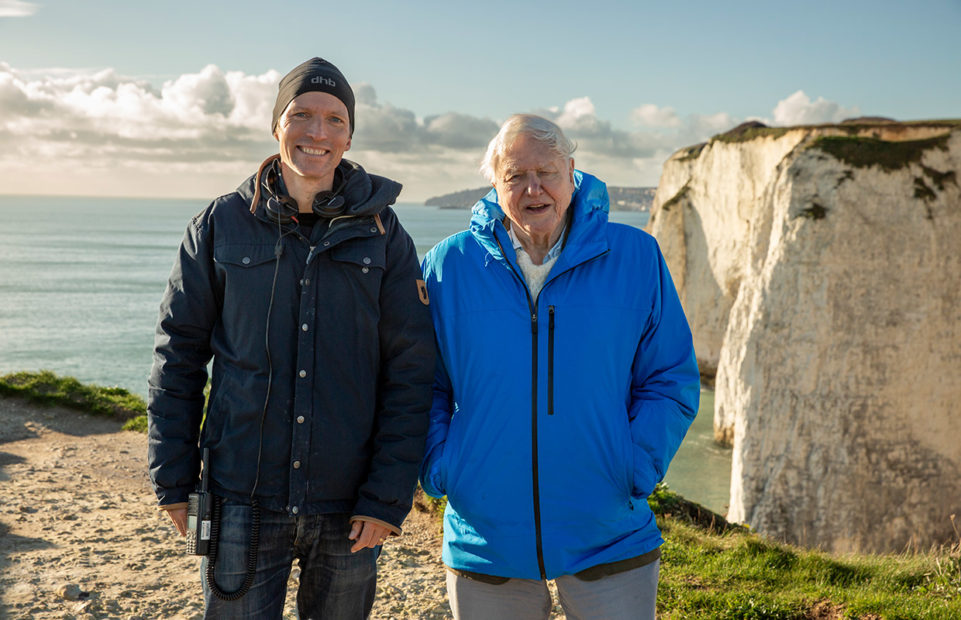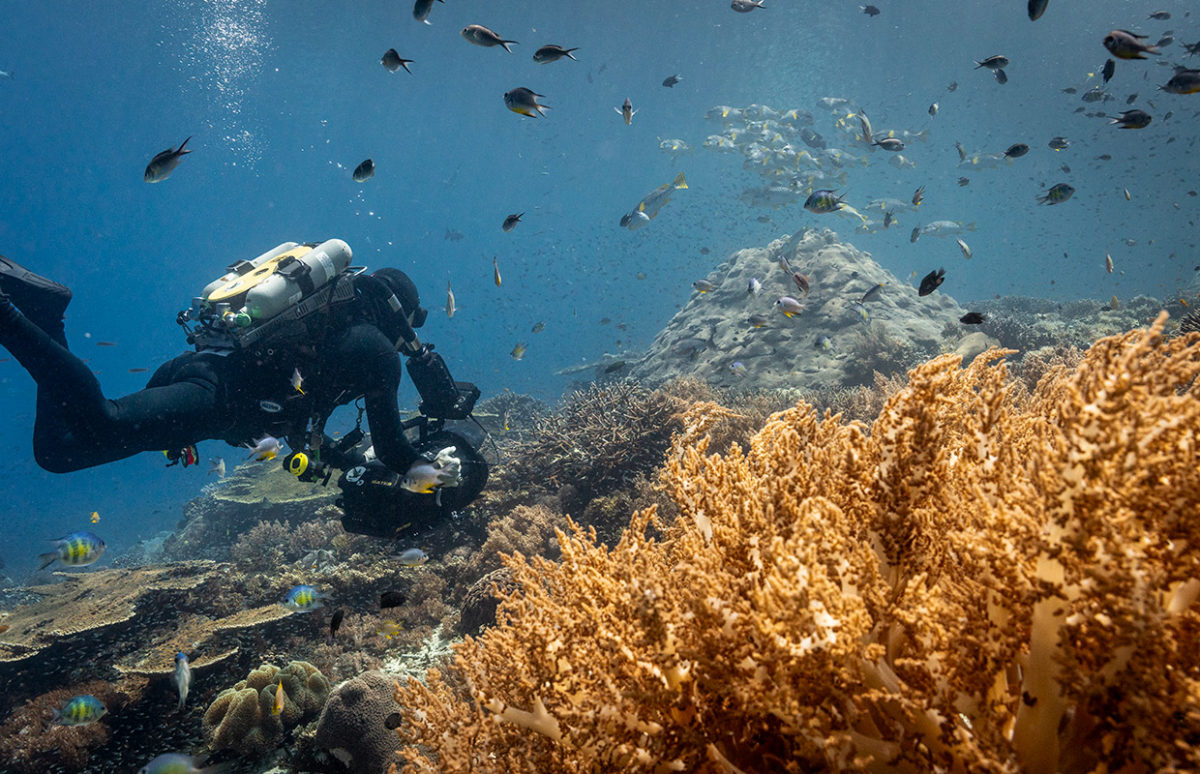Sir David Attenborough has spent almost seven decades making remarkable documentaries about the natural world which have been watched around our planet. At age 99, his latest film aims to show how our oceans have been impacted by human activity, and how innovative projects can successfully revive them.
Sir David Attenborough has fascinated viewers around the world with his documentary series like The Blue Planet and Life on Earth. But as he nears a century, he has come to the conclusion that, "the most important place on Earth is not on land, but at sea."
Covering more than 70% of the planet’s surface, the oceans absorb over 90% of the heat generated by greenhouse gas emissions and more than a 25% of human-produced carbon dioxide. Forty per cent of the world population lives on a coastline and billions consume marine fish and seafood. But our oceans are suffering from rising water temperatures caused by climate change, industrial overfishing and sewage and pesticide runoff from human habitations.

In a feature-length film, Ocean, Attenborough highlights the incredible biodiversity of the undersea world, which was almost unexplored when he was born. And calls for action to preserve it, stating, "If we save the sea, we save our world."
The film was released in cinemas in the UK on 8 May, Attenborough’s 99th birthday, and will be released on TV on Disney+ and National Geographic around the world on 8 June, World Ocean Day, in time for the U.N. Ocean Conference being held in Nice from 9 June.
Shocking footage shows the devastating destruction caused by industrial bottom trawlers, which drag metal nets along the sea bed and discard up three-quarters of what they catch.
But as Attenborough points out, the seas have an amazing capacity for regeneration. When conservation measures are put in place, improvements can be seen rapidly. He points to the success of the international ban on whaling, which has saved whales from extinction.

Marine Protected Areas
A campaign created by the film’s producers, Revive Our Ocean, is joining calls for 30% of our oceans to be protected by 2030. As opposed to the 8% that is protected in any way now.
They, like conservation groups are pushing for the creation of many more Marine Protected Areas (MPAs). The film shows the spectacular results existing MPAs have had. One example is COAST, the Community of Arran Seabed Trust, based in the Isle of Arran to the west of mainland Scotland. Thirty years ago, local divers were shocked to discover the state of the seabed around the island after commercial dredging for scallops. They battled for year to have a No Take Zone established in 2008. This banned all fishing in Lamlash Bay, to allow marine life to recover. In July 2014, the Scottish government announced 30 new Marine Protected Areas in Scotland including the South Arran MPA, the first and only community-developed MPA in the country.
Free for Teachers
Teachers can sign up to be able to access the film for free to show their classes. There is also a free discussion guide to download.

Copyright(s) :
Silverback Films and Open Planet Studios/Olly Scholey, Keith Scholey
> Help Save the Oceans
> Battle of the Somme WWI Webpicks
> A Poster for World Sea Turtle Day
 Downloadable resources ready to use in class
Downloadable resources ready to use in class> Orangutan Eco-Warrior
> David Attenborough: People’s Advocate for the Planet
Tag(s) : "biodiversity" "climate change" "David Attenborough" "ecology" "environment" "nature" "Shine bright 2e" "Shine bright 3e" "Shine Bright AMC" "Shine bright Ter" "sustainable development" "united nations" "video" "World Oceans Day"





